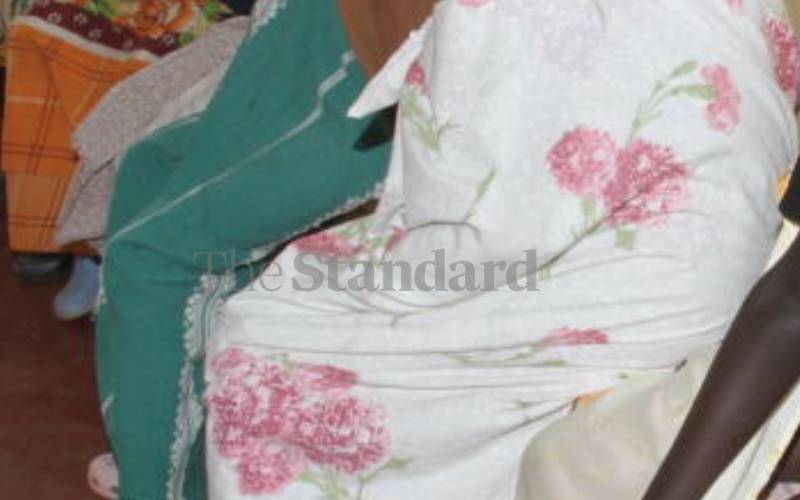×
The Standard e-Paper
Home To Bold Columnists

Cheposera Samuel, a 60-year-old ex-circumciser claims her past keeps haunting her five years after dropping the razor.
The mother of ten from Lobiroi village, in Alale, West Pokot County regrets that some girls who went through FGM had to deliver through Caesarian Section (CS).